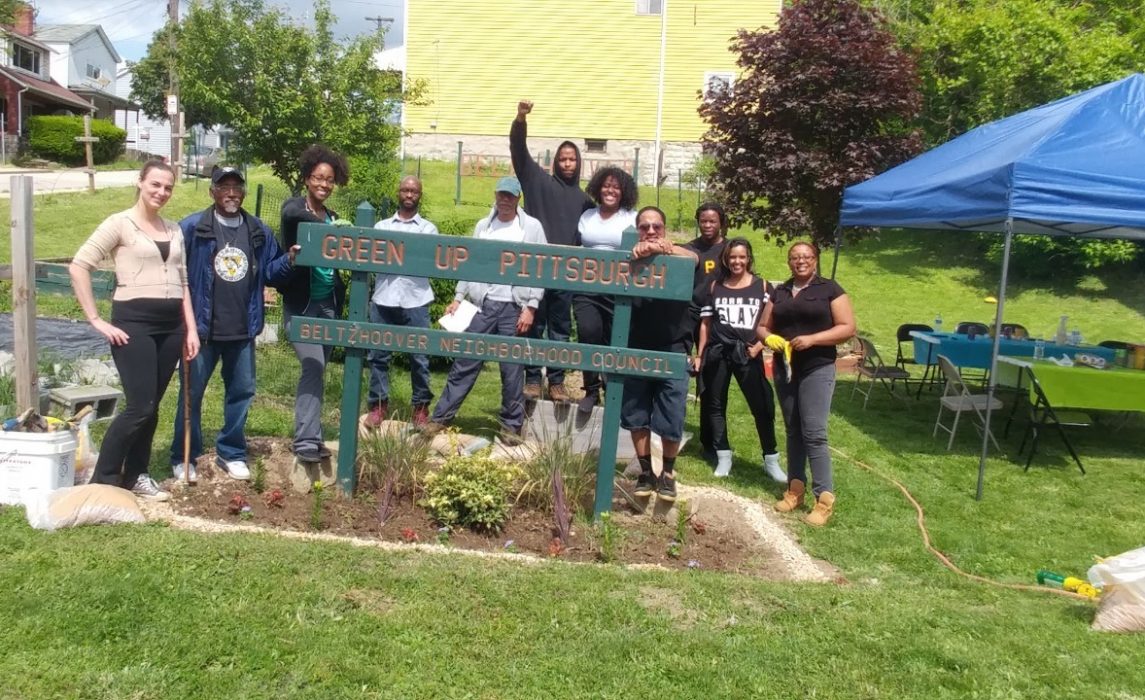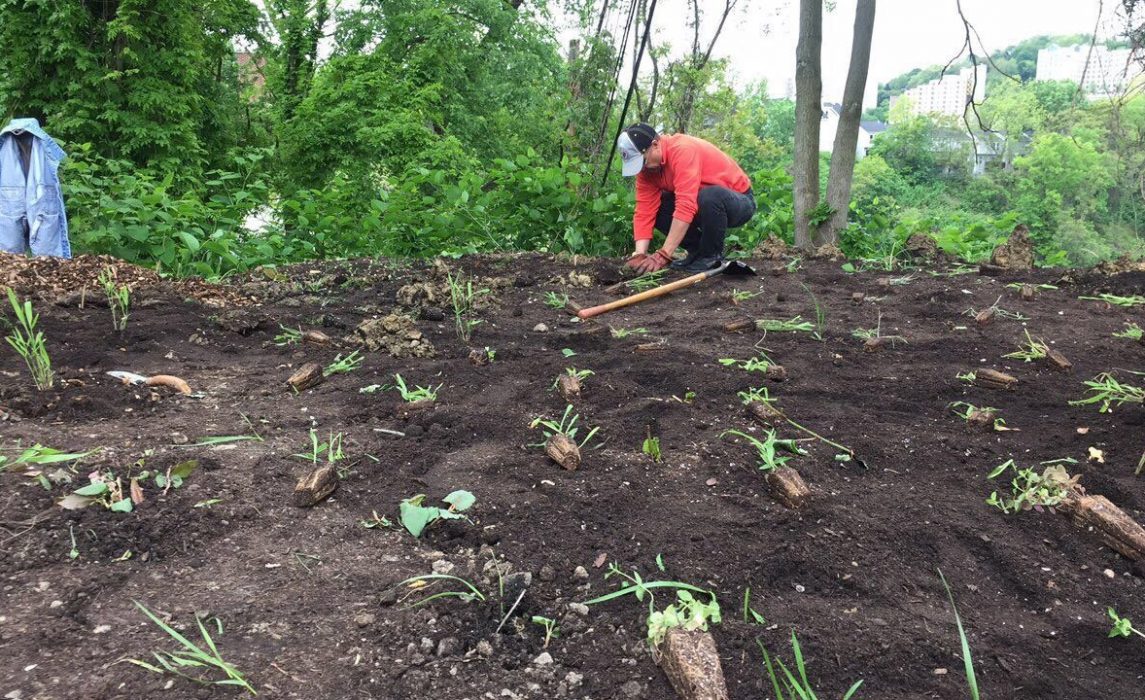Bolstering Emergency Readiness in Pittsburgh
The Problem
With aging infrastructure, Pittsburgh is at risk of flooding and other natural disasters. The loss of industrial jobs in recent decades has left some communities with few financial resources to deal with them adequately.
The Solution
The city’s Cities of Service Resilience AmeriCorps program included two initiatives to address these challenges as part of its larger resilience strategy.
- With funding from Cities of Service, Love Your Resilient Block gave small grants to neighborhood groups to of up to $1,500 and advice from AmeriCorps VISTA members to carry out community-led projects.
- Resilience AmeriCorps VISTA members offered PreparedPGH workshops, which gave residents valuable information on topics including medical first response, water management, emergency preparedness, and energy efficiency.
The Results
The city’s Resilience AmeriCorps program engaged more than 580 residents and 200 community groups in preparedness trainings and green infrastructure projects.
- Love Your Resilient Block grants were given to support more than 30 projects to clean up vacant lots, remove invasive species that made the spaces unusable and harmed native species, better manage stormwater, and more.
- Residents and community groups planted more than 1,200 trees and native plants to help reduce flooding.
- 157 residents received resilience training through the workshops.
- The city leveraged an additional $20,000 to support the Love Your Resilient Block to expand and sustain the program.
- Through grants and trainings, city staff and AmeriCorps VISTA members have expanded the capacity of more than 40 community organizations by connecting them with city staff, providing project support, and offering resilience training.
Keys to Success
To ensure Cities of Service Resilience AmeriCorps was a success, the city connected it to the their existing grant program, Love Your Block, a neighborhood revitalization program that was launched in Pittsburgh in partnership with Cities of Service in 2011. They also involved other departments, such as Public Works, City Forestry, and the Officer of Community Affairs to increase the program’s impact and sustainability.
“We’ve been able to create not just better connections between our partners in the resilience effort, but also to take that message to the community and be better connectors for our residents.”
— Grant Ervin, Pittsburgh Chief Resilience Officer
Read more about the Resilience AmeriCorps program in Pittsburgh.


